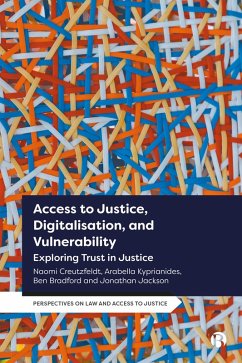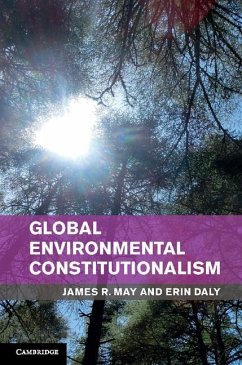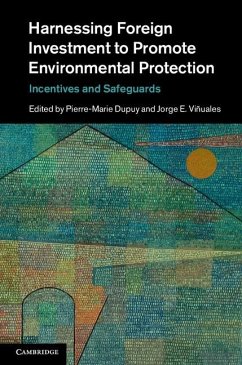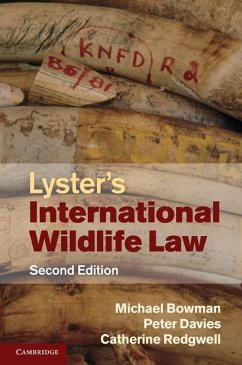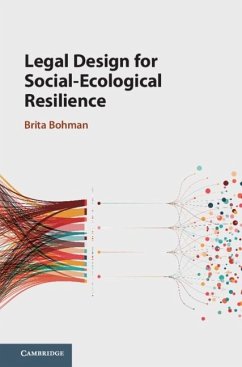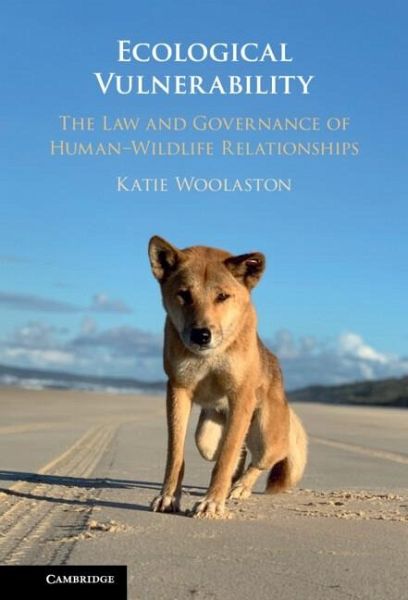
Ecological Vulnerability (eBook, ePUB)
The Law and Governance of Human-Wildlife Relationships
Versandkostenfrei!
Sofort per Download lieferbar
62,95 €
inkl. MwSt.
Weitere Ausgaben:

PAYBACK Punkte
31 °P sammeln!
Humans are responsible for biodiversity loss in many related and sometimes conflicting ways. Human-wildlife conflict, commonly defined as any negative interaction between people and wildlife, is a primary contributor to wildlife extinction and a manifestation of the destructive relationship that people have with wildlife. The author presents this 'wicked' problem in a social and legal context and demonstrates that legal institutions structurally deny human-wildlife conflict, while exacerbating conflict, promoting values consistent with individual autonomy, and ignoring the interconnected vulne...
Humans are responsible for biodiversity loss in many related and sometimes conflicting ways. Human-wildlife conflict, commonly defined as any negative interaction between people and wildlife, is a primary contributor to wildlife extinction and a manifestation of the destructive relationship that people have with wildlife. The author presents this 'wicked' problem in a social and legal context and demonstrates that legal institutions structurally deny human-wildlife conflict, while exacerbating conflict, promoting values consistent with individual autonomy, and ignoring the interconnected vulnerabilities shared by human and non-human species alike. It is the use of international and state law that sheds light on existing conflicts, including dingo conflict on K'Gari-Fraser Island in Australia, elephant conflict in Northern Botswana, and the global wildlife trade contributing to COVID-19. This book presents a critical analysis of human-wildlife conflict and its governance, to guide lawyers, scientists and conservations alike in the transformation of the management of human-wildlife conflict.
Dieser Download kann aus rechtlichen Gründen nur mit Rechnungsadresse in A, B, BG, CY, CZ, D, DK, EW, E, FIN, F, GR, HR, H, IRL, I, LT, L, LR, M, NL, PL, P, R, S, SLO, SK ausgeliefert werden.




